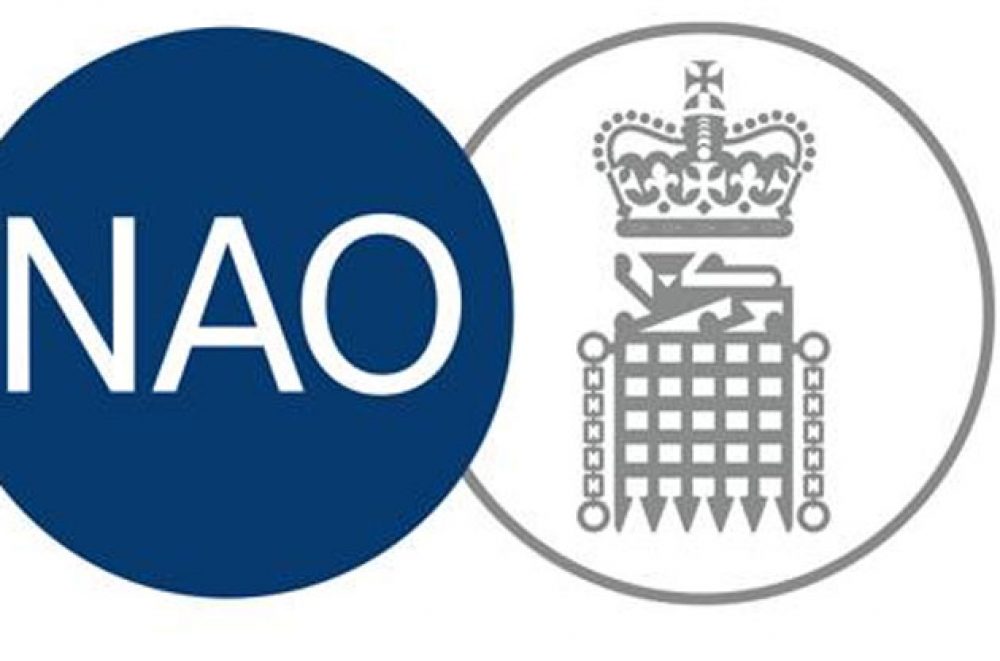The National Audit Office is expected to publish its long awaited follow-up review on the state of the apprenticeships programme next Wednesday, in the middle of National Apprenticeship Week.
The independent Parliamentary body was damning in its verdict of apprenticeship reform in its last report in September 2016, when it warned of a high risk of fraud and “market abuse” and revealed a lack of contingency plans.
The new report, which is due on March 6 and will focus on whether the reformed apprenticeships programme is delivering value for money, is also expected to be highly critical.
This latest review was launched last July. When FE Week asked the NAO why it had chosen the middle of National Apprenticeship Week to publish the report, a spokesperson said: “We were always going to publish this report around now and are of course aware that next week is Apprenticeship Week. Given the focus it seems a good time to reflect on the programme.”
Its report will consider whether the Department for Education has defined appropriate indicators of success for the apprenticeships programme, whether the DfE is doing enough to ensure apprenticeships and the levy system are not being abused and what progress has been made against previous NAO and public accounts committee recommendations.
The NAO is also expected to comment on why thousands of apprentices do not have a regulator responsible for inspecting the quality of their training. This comes after FE Week revealed that providers who delivering apprenticeships at levels 6 and 7 that have no HE qualification – such as a degree – and are not on the Office for Students register go completely unregulated.
The new report is also expected to be damning on issues of apprenticeship oversight after repeated issues with applications to the register of apprenticeship training providers, which led to cases of one-man bands with no delivery experience being given access to millions of pounds of apprenticeship funding.
A new “tougher” register opened in December, which forces all providers who gained access to reapply, and new applicants must have traded for 12 months at least in order to be eligible and provide a full set of accounts to be on the register.
When the NAO launched its follow-up review it also said it would also focus on why apprenticeship starts have dropped and the work of the Institute for Apprenticeships and Technical Education. It is also expected to examine the impact of the policy.
Earlier this month, the DfE commissioned research to examine whether apprenticeship delivery is being adjusted to account for apprentices’ prior learning, signalling the government is preparing to clamp down on funding overclaims. The NAO also told FE Week that this is one area of concern that it is likely to address in its new report.
In September 2016, the first NAO report on apprenticeship reforms found that a delivery team had been set up to “consider the risks of fraud and gaming” but said it was “too early to say what impact this group will have”.
It urged the DfE to “do more to understand how employers, training providers and assessment bodies may respond to ongoing reforms, and develop robust ways of reacting quickly should instances of market abuse emerge”.








Your thoughts